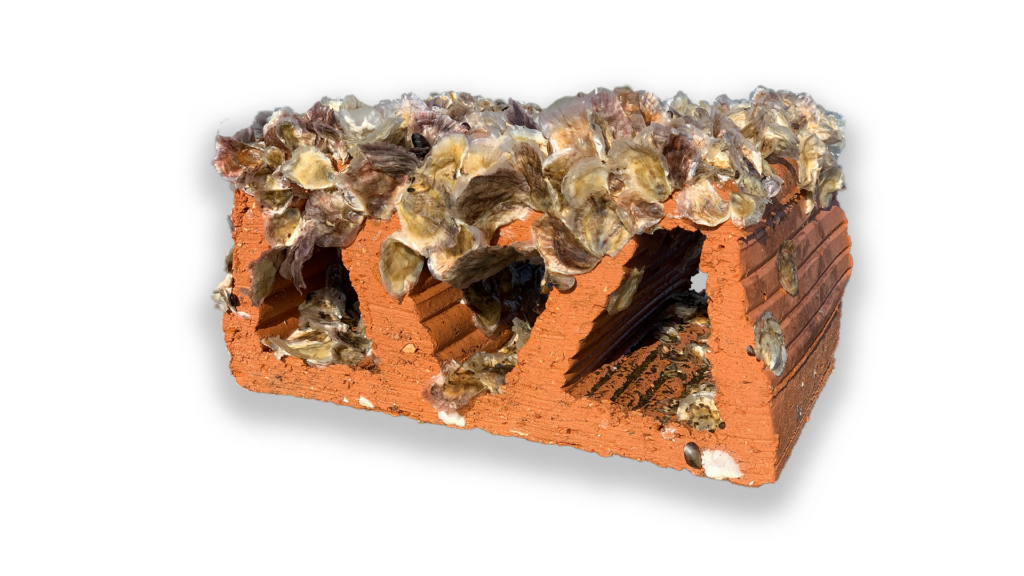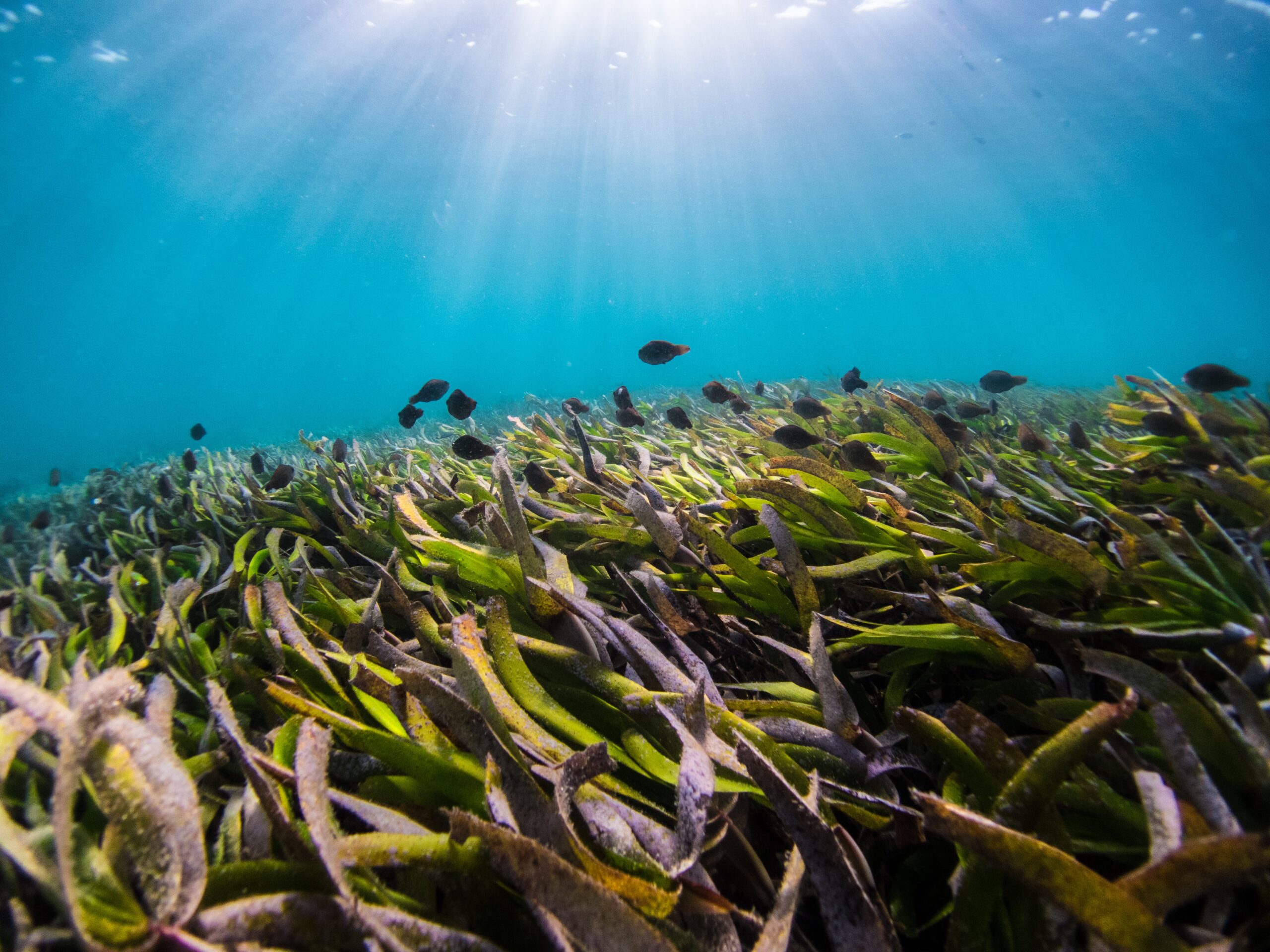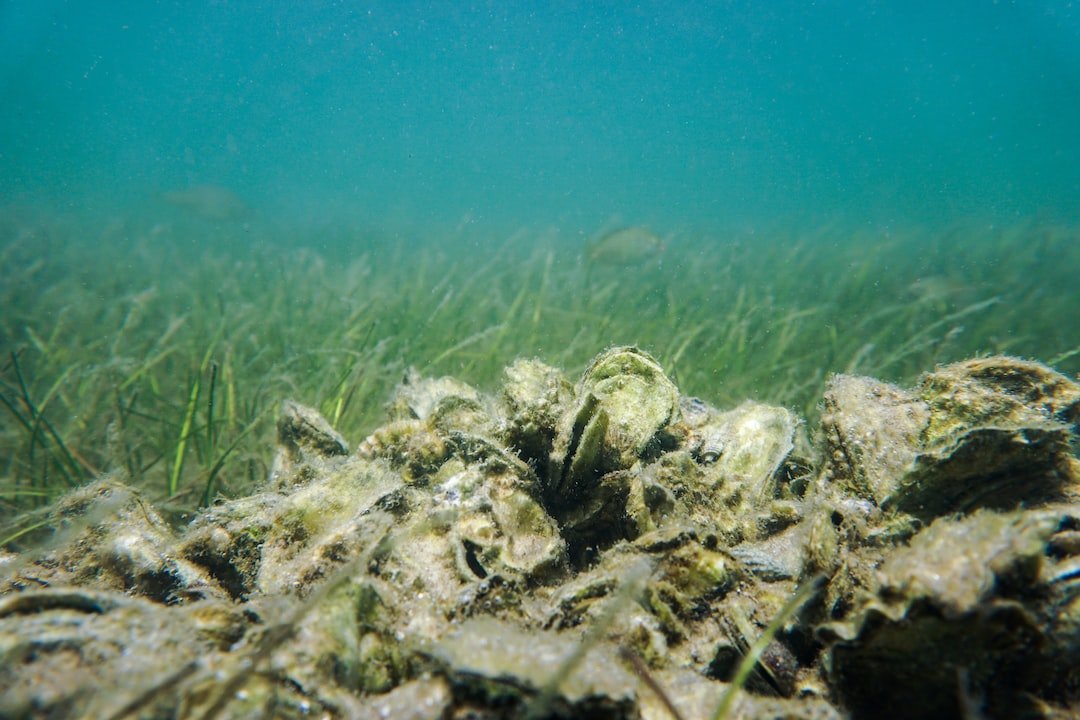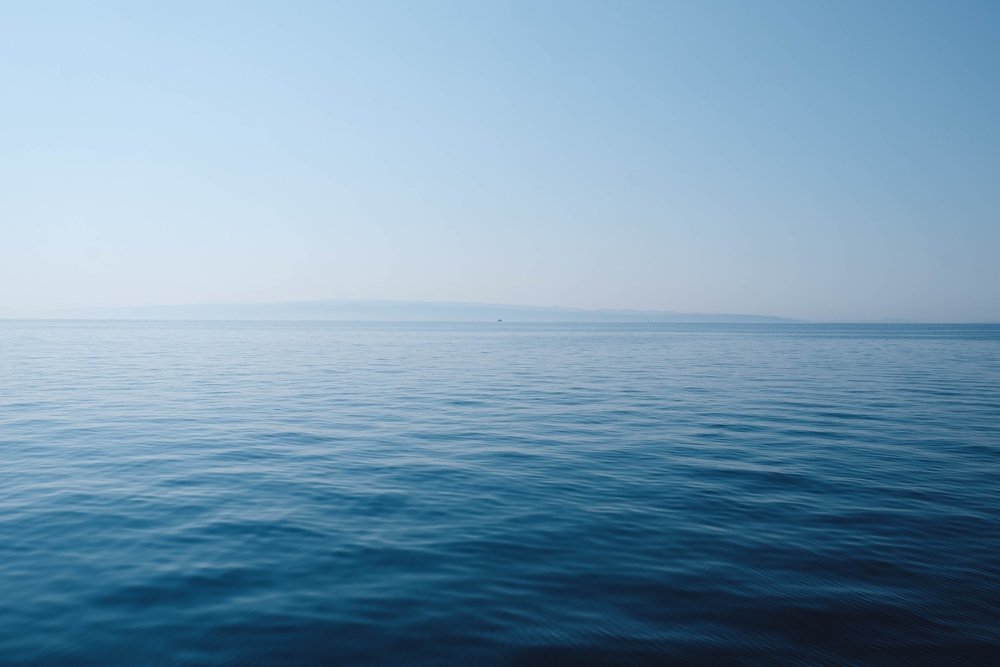
When we hear about rewilding, chances are we think of the terrestrial part of the planet. Most likely we’ll think of bringing life back to forests and jungles. But have you ever thought about rewilding the ocean?
Rewilding is a progressive approach to conservation. It’s about giving nature a helping hand allowing it to thrive independently and bringing it back to its natural state, creating wilder and more biodiverse habitats.
By embracing rewilding, we can re-enable the natural processes of ecosystems so that their species can take care of themselves and nature can be in balance again.
This approach, however, is not exclusive to terrestrial habitats. In fact, rewilding the ocean is a key factor not only to restore marine ecosystems but also to fight climate change.

We shouldn’t forget that the ocean covers 70% of the planet and acts as a “carbon sink” absorbing more than 25% of the CO2 emissions released into the atmosphere and capturing 90% of the excess heat generated by these emissions.
What’s more, ocean habitats such as seagrasses and mangroves, along with their associated food webs, can sequester carbon dioxide from the atmosphere at rates up to four times higher than terrestrial forests can.
So it sounds very logical to not only put efforts into rewilding, but also into sea-wilding.
The ocean is home to an incredible array of species. But did you know that only 13% of oceanic waters are considered to be truly wild nowadays? Human activities have taken a toll on its health and balance, and it’s facing unprecedented threats from overfishing, pollution, and climate change.
Ocean rewilding projects are already proving to have a positive impact on marine biodiversity.
The Community of Arran Seabed Trust (COAST) project in Scottland is just one of many examples. Thanks to the community efforts, after Lamlash Bay became Scotland’s first Marine Protected Area, lobster and scallop numbers quadrupled and fish stocks returned to the area, and with it employment.
Since 2010 biodiversity has increased by 50%, and divers also spotted a cuckoo ray, a species that had not been seen in the area in 30 years, proving that biodiversity is gradually making its way back into the bay.
The seabed is also recovering from the damage caused by fishing with trawls and dredges in the past, with the growth of structurally complex ‘nursery habitats’ which will sustain the ecosystem.

To protect the health of the ocean we need to restore the natural systems and processes that maintain marine ecosystems. At Oyster Heaven, we are doing so by restoring oyster reefs.
Oysters are keystone species in the marine ecosystem. They grow forming large three-dimensional structures that provide food and shelter for hundreds of other species which at the same time play an important role in their habitat to keep it in balance. Each species in nature exists for a reason.
By restoring oyster reefs we are not only restoring one species, but a whole ecosystem that as a whole keeps the ocean in balance executing critical jobs: filtering the water, attracting bacteria that transform excess nitrogen and nitrates into nitrogen gas, storing carbon as part of their shells and bodies, and providing food for the next trophic level of the food chain.
In other words, restoring oyster reefs will help rewild the ocean and bring it back to its natural state.
If you want to learn more about how we are giving oyster reefs a helping hand to rewild the ocean, have a look at this page.

Make a measurable difference for the ocean today.
You can now adopt a Mother Reef and help restore 100 oysters!

